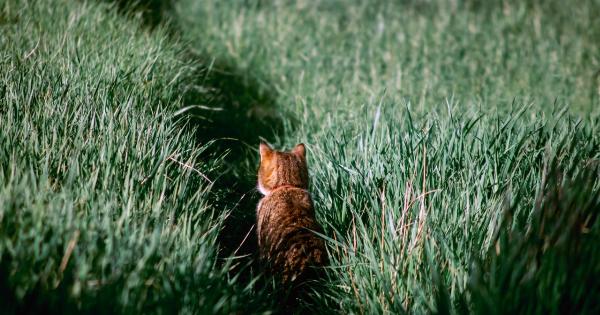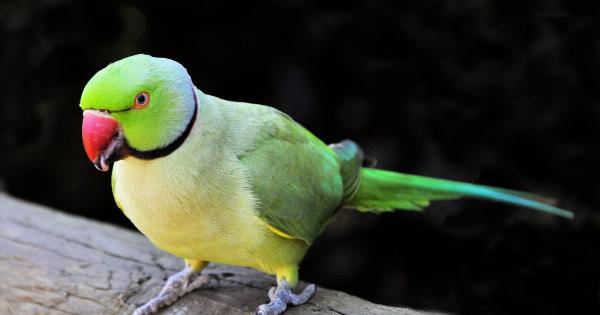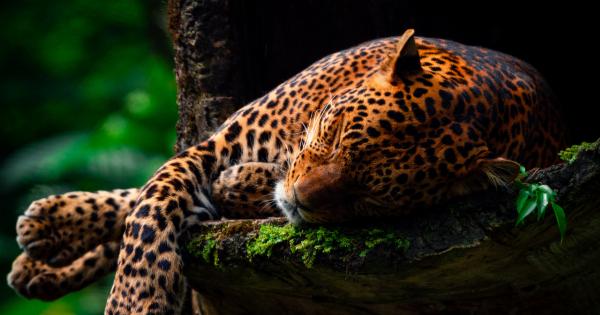The cat, also known as Felis catus, is a small domesticated carnivorous mammal. Cats have been domesticated for thousands of years, with their origins traced back to ancient Egypt.
Unlike dogs, cats have a reputation for being independent and low maintenance pets. This characteristic has made them a popular choice for many people, especially those with busy lifestyles. In this article, we will explore why cats are considered independent and low maintenance animals.
1. Self-sufficiency
Cats are known for their innate self-sufficiency. Unlike dogs, which often rely on their owners for almost everything, cats are much more independent.
They have a natural instinct to take care of themselves, which means they don’t require constant attention and can amuse themselves for long periods.
2. Grooming
Cats are incredibly clean animals and spend a significant portion of their waking hours grooming themselves. Their tongues have small, backward-facing barbs that help remove dirt, debris, and loose hair from their fur.
This behavior not only keeps their coat clean and shiny but also minimizes shedding and the need for frequent baths.
3. Litter Box Training
One of the reasons cats are considered low maintenance is their natural inclination to use a litter box for their bathroom needs. Once a cat is properly litter box trained, they will instinctively use it, eliminating the need for daily walks outside.
This makes them an ideal pet for individuals living in apartments or places without easy outdoor access.
4. Low Exercise Requirements
Cats are generally less active than dogs, which means they have lower exercise requirements.
While it’s still important to provide cats with opportunities for physical activity and mental stimulation, they are content with short bursts of playtime followed by long periods of rest. This makes them suitable for people with limited time or physical abilities to engage in extensive exercise routines.
5. Independent Nature
Cats have a reputation for being independent, which can be attributed to their ancestral roots as solitary hunters. Unlike dogs, who often seek constant companionship and attention, cats are more self-reliant.
They enjoy their alone time and are comfortable entertaining themselves with toys or exploring their surroundings.
6. Low Noise Level
Another advantage of having a cat as a pet is their relatively low noise level. While some cats may occasionally vocalize or meow, they generally don’t make as much noise as dogs, especially when it comes to barking.
This can be beneficial for those living in apartments or shared living spaces where excessive noise may be an issue.
7. Feeding
Cats are typically less demanding when it comes to their feeding schedule compared to dogs. Cats are obligate carnivores, meaning they thrive on animal-based protein.
They have a smaller stomach capacity and can feed on smaller, more frequent meals throughout the day. This flexibility allows cat owners to leave food out or use automatic feeders, reducing the need for strict feeding schedules.
8. Simplicity of Travel
When it comes to traveling, cats are generally more adaptable than dogs. Cats are known for their ability to adjust to new environments and can usually handle short trips or vacations with relative ease.
Additionally, there are portable litter boxes and carriers designed specifically for travel, making it simpler to bring cats along for the journey.
9. Health and Veterinary Care
Cats are generally less prone to certain health issues compared to dogs. They have fewer genetic disorders and generally have longer lifespans.
Cats are independent when it comes to grooming, reducing the need for constant brushing or visits to the groomer. However, regular check-ups with a veterinarian are still necessary to ensure their overall health and well-being.
10. Emotional Attachment
Despite their independent nature, cats are capable of developing deep emotional attachments with their owners.
While they may not demand constant attention like dogs, cats form strong bonds with their human companions and show affection in their own unique ways, such as rubbing against their owners or purring when being petted.





























